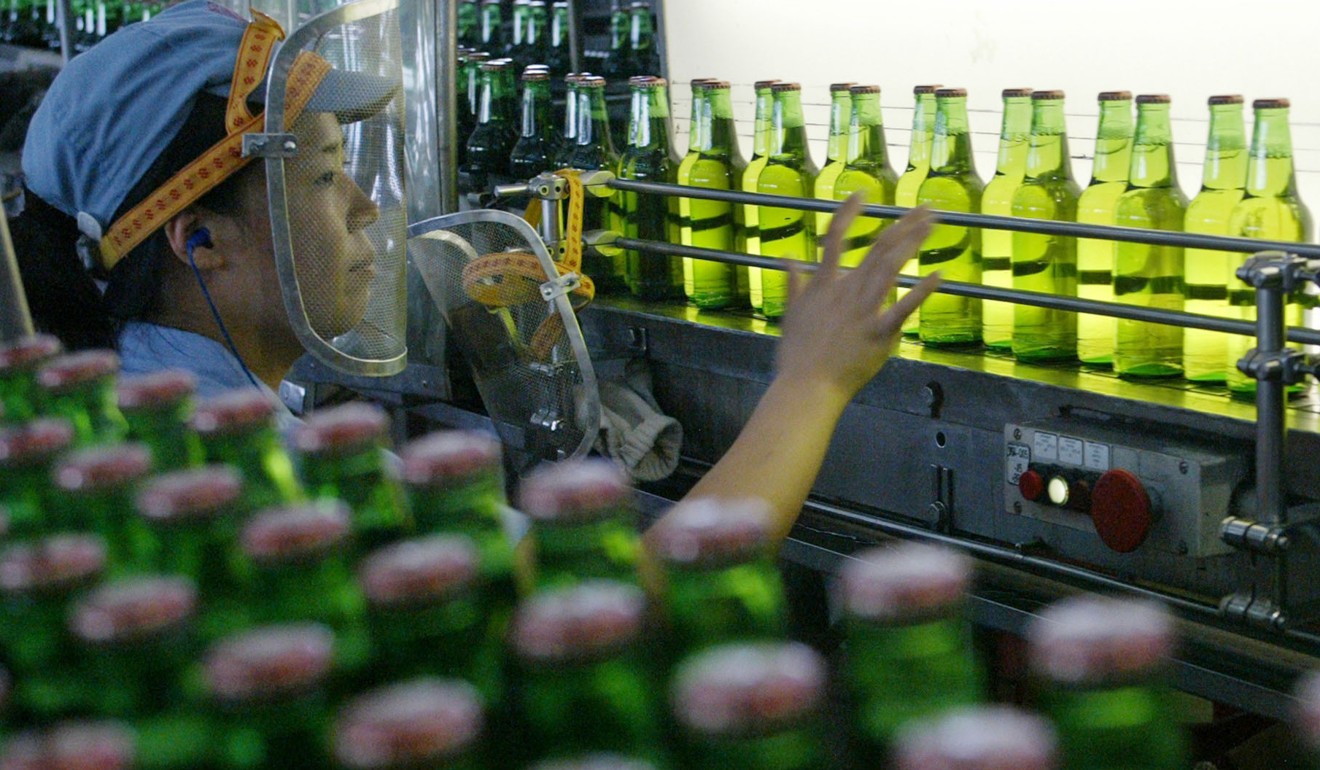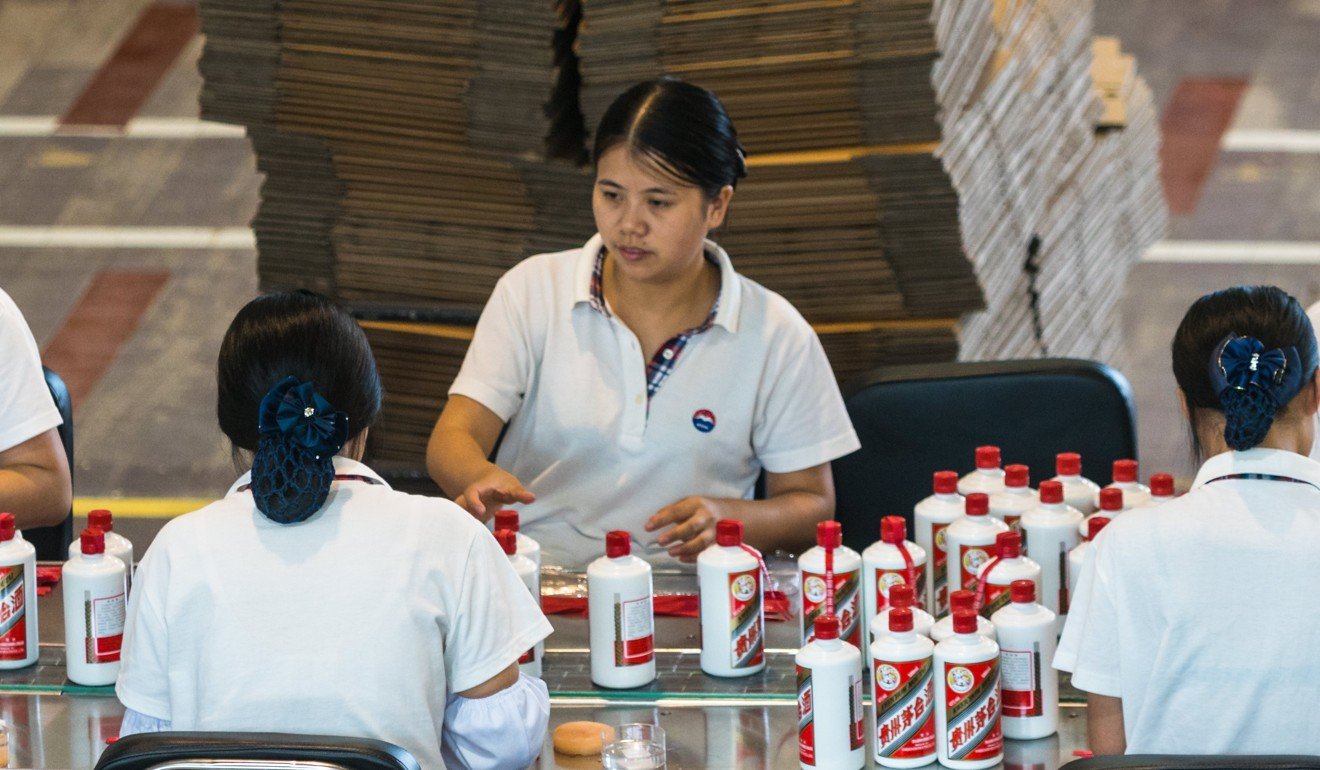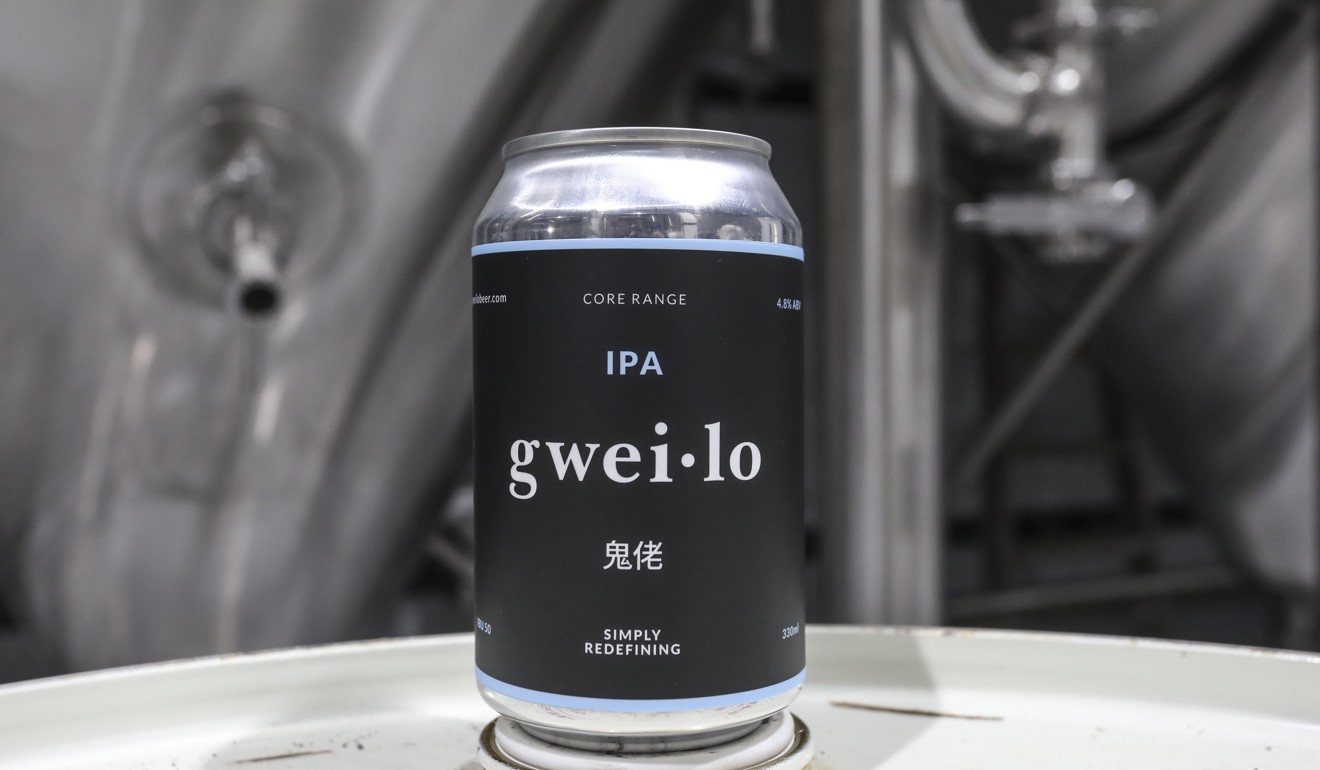China's drinking habits are changing, and that's a big opportunity for beverage makers
Chinese consumers are drinking pricier, more elusive alcoholic beverages
Craft beer is popular in well-developed, urban cities
Kweichow Moutai, a high-end brand for a potent traditional liquor, surpassed Johnnie Walker-maker Diageo in value
Huileng Tan | @huileng_tan
Published 16 Hours Ago
CNBC.com
The market for Chinese alcohol sales is growing at a rapid pace with consumers acquiring a taste for premium and elusive products.
Among the beneficiaries of the trend are wine and craft beers.
"Chinese consumers preferred to drink less and chose premium products at business dinners or during formal social occasions for their high-grade quality and better taste," market research firm Euromonitor said in May 2017.
According to Euromonitor, wine consumption grew 5.3 percent by volume in 2016 from 2015, even as that for alcoholic drinks fell 3 percent in the same period as consumers traded up.
As a result of such upgrading, total beer sales also declined by 4 percent in 2016 from a year ago. Craft beer however, is witnessing growing interest in big cities.
Anheuser-Busch InBev, the world's largest brewer, is evidence of this trend as its strategy of focusing on the high-end of the market appears to be paying off: The company's revenue in China grew 4.6 percent in the third quarter.
The brewer also cited strong numbers in the Chinese market as a driver for revenue growth in its Budweiser and Corona brands in the first half of this year. Corona and Stella Artois, classified as "super premium" brands by the company, have recorded double-digit growth since they were launched in 2014, CEO Carlos Brito told CNBC recently.
Here's a sip of what Chinese drinkers are ordering:
Craft Beer
China's first brewery was founded in Harbin in 1900 and there are now more than 1,500 domestic beer brands in the country, according to Chinese state media.
The wide selection is in part due to a nascent but growing industry in craft beers as a burgeoning middle class becomes more willing to pay for premium experiences.
The popularity of craft beer may seem explosive in urban centers, but Euromonitor puts the trend into perspective.
"Craft beer is still a new concept for many Chinese consumers. It is popular and distributed mainly in well-developed regions, such as some urban areas of the country where the middle-classes are better off and consumers are global-minded," said the research house in its industry report.

Huileng Tan | CNBC
Panda Brew Pub in Beijing is home to several house craft beers. The company recently started shipping its brews to the U.K. and are looking to other beer-drinking markets eager for a taste of China.
"There is a huge rise in the number of those in the craft beer business and the brewing culture is spreading in China," said Feng Jun, marketing director for pub and brewer Panda Brew.
The craft beer market is diverse, even though consumer groups are generally young, Feng told CNBC in an email.
"There are extreme taste preferences: from those who prefer heavier tastes to fresh, fruity flavors," he added.
With the explosion in selection, some craft beer brands like Panda Brew, have started exporting their drinks.
In November this year, Panda Brew started sales in the U.K. It is also looking into entering other markets such as Canada, Japan and Australia, said Feng.
Even bigger brands are getting into the craft beer business.
Nomura in a December note highlighted that Hong Kong-listed China Resources Beer, the country's largest brewery, will be focusing on craft and imported beer segments while developing premium brands.
Wine
Wine is still gaining popularity in China.
To cater to the collective thirst, Chinese investors have snapped up more than 100 vineyards in France, many of them in the producing region of Bordeaux. They've also acquired vineyards in Australia and Chile, among other countries.
Earlier this year, for instance, Yantai Changyu Pioneer Wine, a leading wine-maker in China, bought three vineyards in Chile.
China has also started producing its own wines: State-owned food giant COFCO's Great Wall Wine is a recognizable name in the country.
Baijiu
The potent grain-based baijiu — which means white liquor — is a staple at official and business banquets. Even amid a widespread crackdown on corruption, a frugality drive, and it being an acquired taste, baijiu has seen it's demand stay strong.

VCG | Getty Images
A customer looks Maotai liquor at a supermarket on February 9, 2015 in Zhongshan, Guangdong Province of China.
Earlier this year, consultancy Brand Finance deemed baijiu to be the most valuable type of spirit in the world with a market share of 37.5 percent, overshadowing the 28 percent for whiskey. The world's top baijiu brands command a combined value of over $22 billion, the study said.
Well-known Hong Kong-listed Kweichow Moutai has overtaken Johnnie Walker-maker Diageo to become the world's most valuable liquor company.
—CNBC's Ming Cheang contributed to this story.




 Reply With Quote
Reply With Quote































